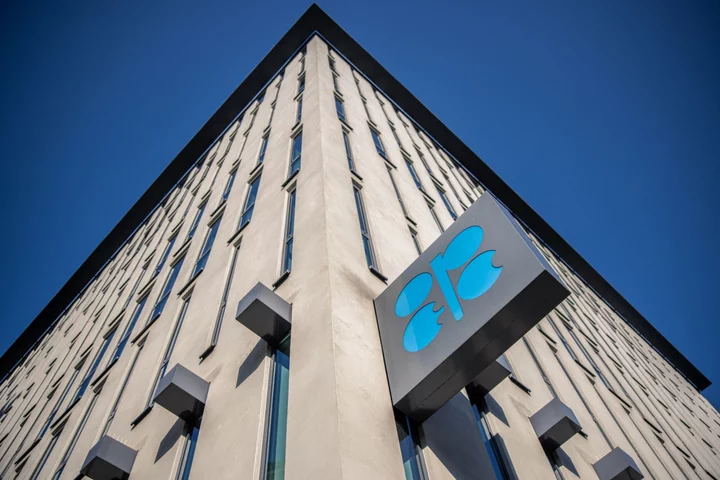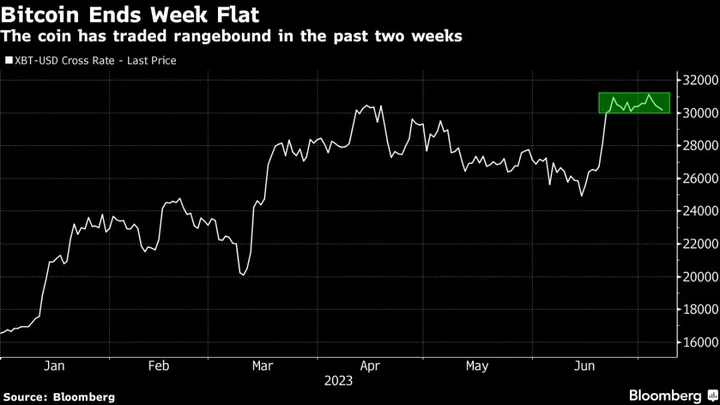Glencore Plc is preparing to unleash a new coal supermajor on the New York market that would – based on recent performance – churn out bigger profits than the current top 10 US listed coal miners combined.
The world’s No. 1 shipper of thermal coal on Tuesday unveiled the first step in the process, with a deal to buy control of Teck Resources Ltd.’s massive steelmaking coal business. Glencore plans to combine those mines with its own power-station coal assets into a new company it will spin off to its own shareholders within two years of the purchase closing.
The combined pure-play coal business will be far larger than anything US or European investors have seen before. Glencore made almost $18 billion last year mining coal, albeit during an unprecedented run in prices after Russia’s invasion of Ukraine created an energy crisis. Teck’s coal mines earned around $5 billion. In contrast, the US’s 10 biggest listed coal miners made less than $8.5 billion in combined profits in the same year.
The new company will produce almost 100 million tons of thermal coal every year — equal to roughly 10% of seaborne trade of that fuel — while churning out about 34 million tons of coking coal. The only peers of a similar size are Indian and Chinese producers, but they focus on providing supply for domestic power stations and steel mills, rather than trading into global markets.
“This big new coal thing that Glencore plans to spin into New York is now comparable with the mining monsters of China, and incomparable with anything in Western markets,” said Tom Price, head of commodities strategy at Liberum Capital.
Glencore’s choice of New York highlights a growing fault line between investors in the US and Europe. While many European institutions are increasingly shunning fossil fuels and the companies that produce them, Glencore is betting that American shareholders are still hungry for the dirtiest fuel.
“You have currents in the US that I haven’t noticed in Europe, where investors are still going, ‘Hey, I’ll take the other side of this bet. Coal will be a part of the energy mix for many years to come,’” said Lucas Pipes, an analyst at B. Riley Securities Inc. Appetite for coal is “probably the highest it’s been in many years.”
That thesis will be put to the test in the next few years. Glencore says it will make the move within two years of the deal completing, which is currently expected in the third quarter of next year. It said the strategy remains for the coal business to run its mines until they’re depleted by 2050.
While the US market currently seems receptive to coal, investors’ views on who should own and manage mines as they’re run down has changed in the past, and there remains a risk that attitudes could shift over the next couple of years.
Combined Value
Earlier this year, RBC Capital Markets forecast the combined coal units were worth about $32.5 billion and would be valued at about $25 billion next year as prices normalize.
By comparison, the US’s current coal miners are tiny. The biggest listed coal company is currently Alpha Metallurgical Resources Inc., which has a market cap of just $3.3 billion. More famous coal names such as Peabody Energy Corp. and Arch Resources Inc. are both worth around or less than $3 billion.
A massive coal company like Glencore’s proposal would likely attract fund managers that have shunned the relatively small coal sector, Pipes said.
“What I often hear from investors on coal is, ‘Hey, Lucas, this is a small sector. Do I really want to spend the time to research if there’s only $15 billion of market capitalization to put to work?” he said. “Glencore would be much, much larger.”









